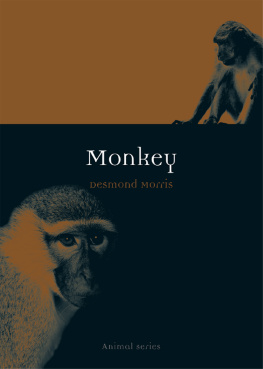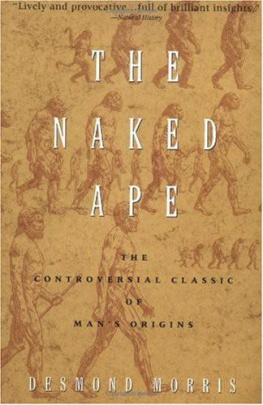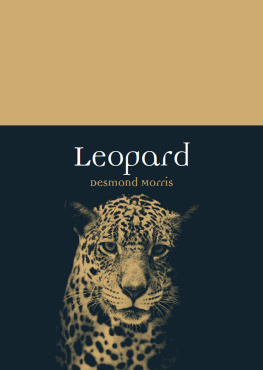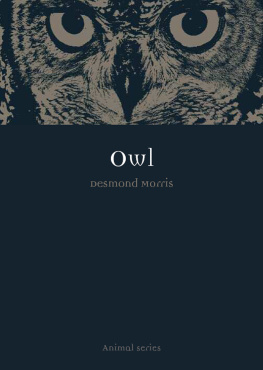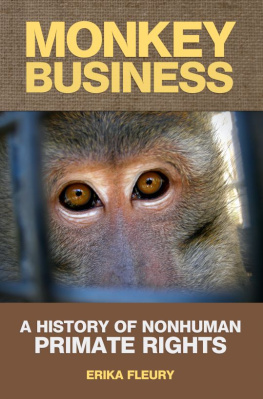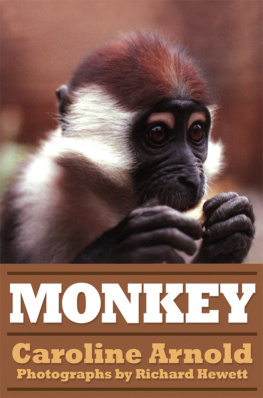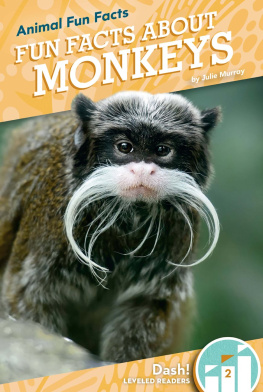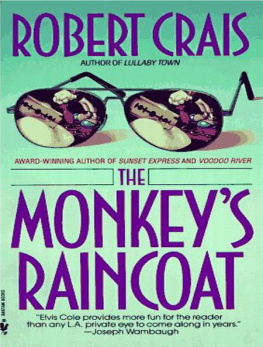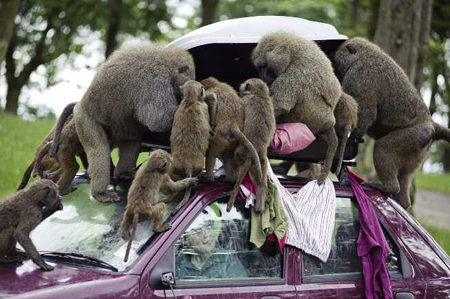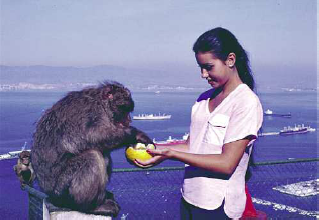Desmond Morris - Monkey
Here you can read online Desmond Morris - Monkey full text of the book (entire story) in english for free. Download pdf and epub, get meaning, cover and reviews about this ebook. year: 2013, publisher: Reaktion Books, genre: Religion. Description of the work, (preface) as well as reviews are available. Best literature library LitArk.com created for fans of good reading and offers a wide selection of genres:
Romance novel
Science fiction
Adventure
Detective
Science
History
Home and family
Prose
Art
Politics
Computer
Non-fiction
Religion
Business
Children
Humor
Choose a favorite category and find really read worthwhile books. Enjoy immersion in the world of imagination, feel the emotions of the characters or learn something new for yourself, make an fascinating discovery.
- Book:Monkey
- Author:
- Publisher:Reaktion Books
- Genre:
- Year:2013
- Rating:3 / 5
- Favourites:Add to favourites
- Your mark:
Monkey: summary, description and annotation
We offer to read an annotation, description, summary or preface (depends on what the author of the book "Monkey" wrote himself). If you haven't found the necessary information about the book — write in the comments, we will try to find it.
Monkeys populate our culture, from the adorable hijinks of Curious George and the loyal friendship between Aladdin and Abu to the menacing gait of the winged ones in The Wizard of Oz. We visit them in zoos and even sometimes keep them as pets la Catherine de Medici and Michael Jackson. As renowned zoologist Desmond Morris shows, it is not surprising that we are so attracted to them. While we sometimes view monkeys as trivial or comic, their mischievousness is delightful, and their urge to explore and love of activity fascinate us. Monkey unpacks human attitudes toward these animals, tracing our connection with them throughout history. Morris reveals that our fascination with monkeys extends through many cultures and erasancient Egyptians revered baboons, monkey deities featured prominently in ancient Chinese and Japanese religions, and sacred status was given to the langur monkey by some groups in India. He also describes how our relationship with monkeys has changed since Darwin, and even become more troubledthis in-depth knowledge of our own origins amplifies our identification with and concern for the idea of monkeys primitivism and destructive behaviors. Drawing a vibrant picture of these beguiling animals and their continued popularity with humans, Monkey brings a new understanding to our complicated relationship with the ever-curious George.
Desmond Morris: author's other books
Who wrote Monkey? Find out the surname, the name of the author of the book and a list of all author's works by series.

